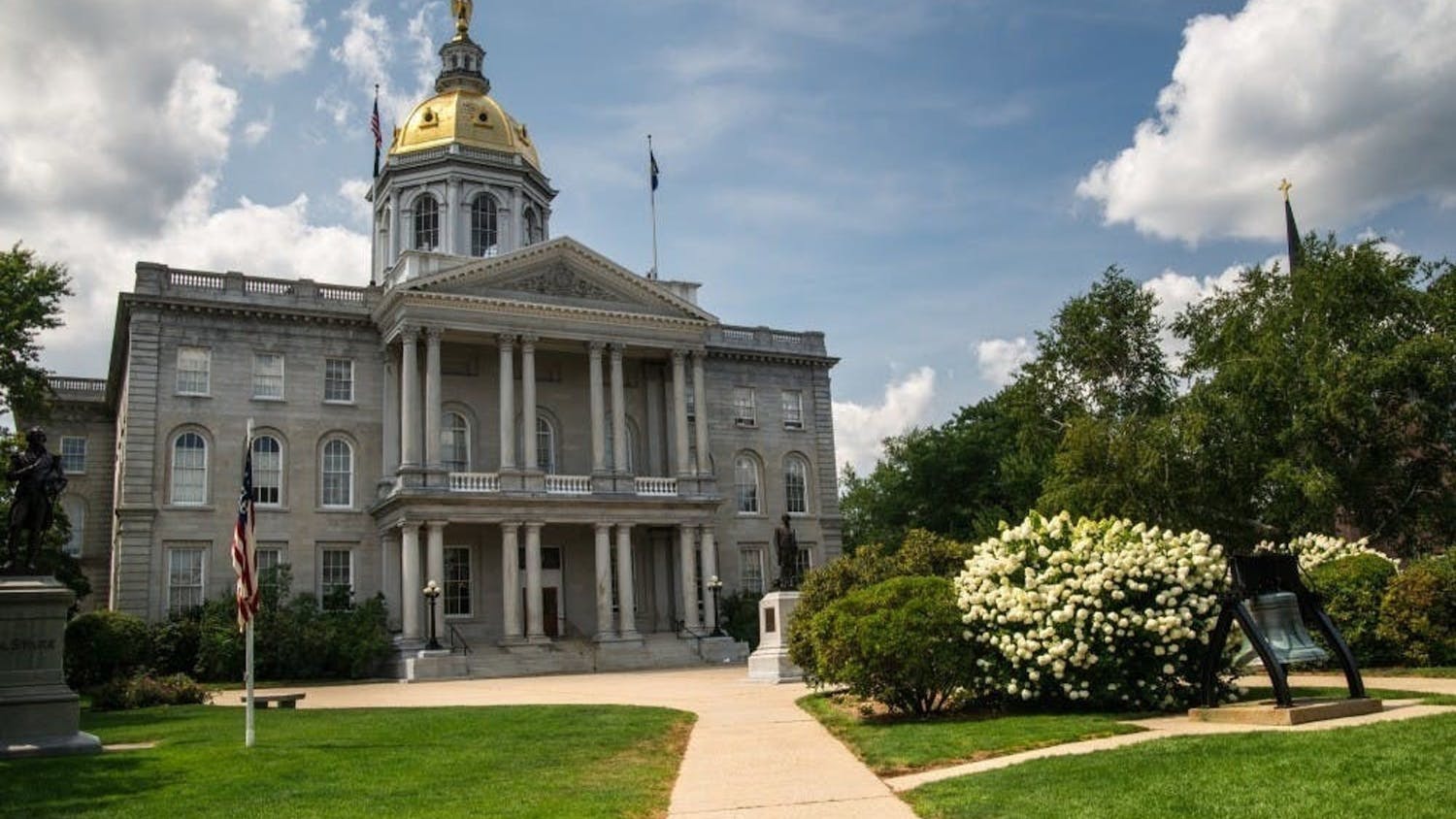The likelihood of cheating depends on variables as far-ranging as the quality of instruction and class size, but when professors suspect cheating has taken place their responses tend to be uniformly consistent, according to faculty members who spoke to The Dartmouth.
Professors stressed that, in the words of former computer science chair Scott Drysdale, "the professor isn't allowed to negotiate with the student" who is accused of cheating.
Professors said they do not begin with the assumption that students will cheat, and that they report suspicions as soon as they arrive.
"It's our job not to proctor, and assume that students are honest in what they do," math department chair Dana Williams said.
Professors from departments as unrelated as biology and business shared Williams' views, but added that there are rules of procedure that need to be followed whenever cheating does occur.
"Professors [in my department] come to me and we discuss what the issues are, such as dishonesty, an honest mistake or miscommunication," biological sciences chair Mark McPeek said.
The professor then informs the student of his or her concerns at a very "perfunctory" meeting. McPeek described the meeting as "perfunctory" because by this time all decision-making power has been handed over to the Committee on Standards.
While the whole process of addressing academic dishonesty appears cold and impersonal, the formality masks the variety of emotions cheating evokes from the professors who come in contact with it.
McPeek, who has served on the COS, said that most cases of dishonesty are so clear cut that he couldn't help asking, "how did anyone expect they'd get away with that?"
"Sometimes students [who have problems with plagiarism] are just extremely nave," said English department chair Peter Travis, who has also served on the COS. Despite or perhaps because of his lack of personal involvement in plagiarism cases, Travis said, "My attitude would tend to be firm but tolerant on the first time."
"We always try to assume the best of students," McPeek emphasized, and for good reason, as professors universally praised Dartmouth students for being overwhelmingly honest. Travis pointed out that some students are over-zealous in their efforts to avoid plagiarism in their assignments.
"Students are so concerned that they bring problems to me. I have to tell they to lighten up," Travis said, noting that when in doubt many students cite friends and professors with whom they have discussed their paper topics. Travis also discussed the thin line between word and idea plagiarism.
"Far, far behind our definition of plagiarism is a set of assumptions of private property and capitalist propriety ... if you push that very far you would have to live in a vacuum."
For professors in the science departments, especially those who teach introductory level classes, cheating is a concrete reality. According to McPeek, the biology department sends four to five cases to the COS each year.
"Biology is famous on the COS for having lots of problems ... the lion's share of misconduct happens in the sciences," McPeek noted.
"For many students it's their first exposure [to the subject] and they don't know what to expect. They fall behind and try to find an easy way to catch up and improve their position," the biology chair stated.
A common cheating scenario involves students asking for a re-grade, McPeek said. "[Students] change the answer, or write more on the back of the paper," he described, noting that biology professors have to photocopy exams before they give them back to ensure that students don't cheat during the re-grading process.
Despite the relatively large number of honor code violations in the biology department, McPeek did not say he thought cheating was an endemic problem.
"In general we have 2,500-3,000 students coming through the department each year, and only four to five [cheating] cases. That's an extremely small number. By and large Dartmouth students are extremely honest," McPeek affirmed.
Chairs of several departments, both in the sciences and humanities, stressed that preventing begins with professors providing clear guidelines to their students from the very first day of class.
"It's simply not sufficient to say we all know what cheating is," Williams said.
McPeek mentioned that incidents that look like academic dishonesty are occasionally the fault of the professor, but that the usual cheating scenario involved a "snow-balling" process in which the student doesn't do the course work, neglects to ask for help and finally gets desperate and looks for the easiest solution.
Travis' experience on the COS led him to make similar conclusions about cheating in science classes.
"People in the sciences are specifically career oriented and know they will be measuring in a specific numeric way," Travis continued. By contrast, he said, "in English there aren't any short cuts ... [plagiarism] is almost immediately apparent."



